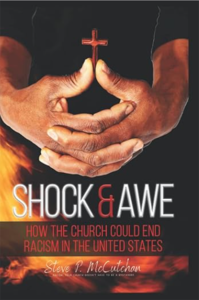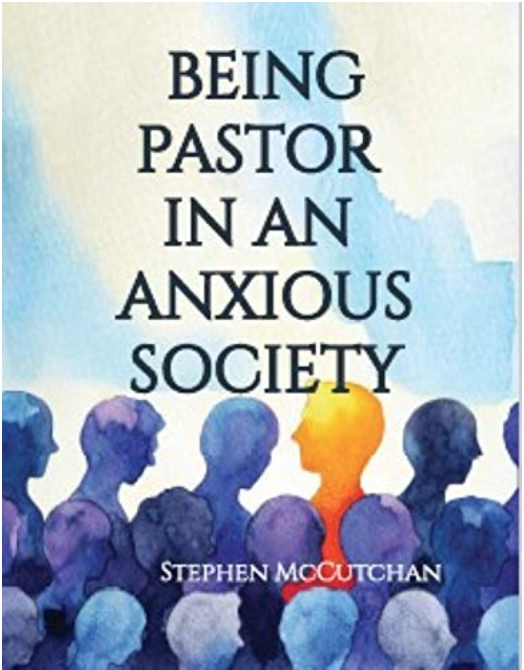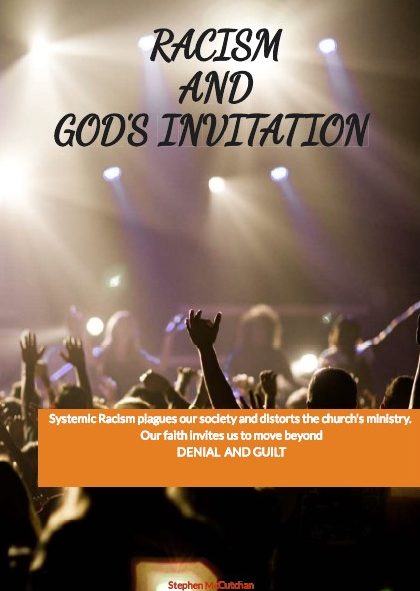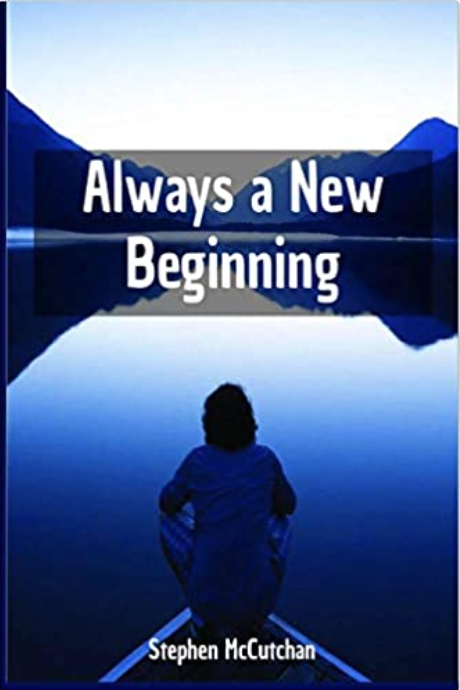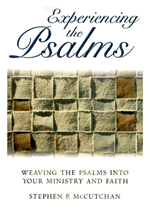MEET YOUR NEIGHBOR
Imagine being introduced to a large crowd of people who had the following characteristics.
- They believed in one almighty God who was active in the universe.
- Almost all of them had committed to Jesus Christ as their personal savior.
- They saw themselves as spiritually hungry and eager to grow.
- Almost all of them had an active prayer life.
- They had a positive view of religion.
- They were not currently members of any church.
What if I told you that you probably cannot pass through an entire day without meeting some of these people? You probably have friends that belong to this group. Barna research says that at least ten percent of our population belong to this group—that is several hundred million. You’ve heard about them in lots of news articles.
Research suggests that many of these people have orthodox beliefs and actively participate in spiritual practices. The only difference between you and them is that they have no interest in the church. Many of them are not even hostile to the church. They just consider the church irrelevant. They are part of what is often referred to as the Spiritual but Not Religious people. I like to refer to them as Believers but Not Belongers, B/NB.
THE CHALLENGE OF BACK DOOR EVANGELISM
If, as Barna research suggests, there are several million such people living among us, then the challenge is to be able to respond to why the church is important for people’s faith journey.
How would you answer that question? Try it right now. Make ten statements about why the church is important in person’s journey of faith? First, try to make a list for yourself. Next, invite a couple of close friends to make a similar list. (Or if you really want to have fun, invite a Sunday School class to make such a list.) If you want the church to grow, it may be critical that both clergy and members of congregations answer that question.
A HEALTHY PRACTICE SESSION
If you want to both have fun and grow in your faith, form into groups of three. Let one person be a Believer but Not Belonger (B/NB), another an involved member of the church, and the third to be an observer.
Recalling the faith beliefs listed above, let the B/NB begin by stating why s/he is not a part of the church. Then let the church member respond and continue the conversation. Continue for a few minutes and then let the observer comment on what has taken place.
BEING COMFORTABLE IN THE CONVERSATION
Think about church members engaging in this conversation. First, as Matthew reports in 9:37, “the harvest is plentiful, but the workers are few.” If our members are comfortable with such a conversation, the number of B/NB they encounter each week provides a rich harvest of spiritually hungry people.
In this age of pluralism, many people may feel uncomfortable trying to convince a non-Christian to accept Jesus as their savior. These people have already accepted Jesus as their Lord and Savior. The issue is whether a member can share how participating in a church is an important part of their journey of faith. Now you are not debating theology in the abstract but sharing your own personal experience.
In 1991, I wrote a small booklet, Why Belong to the Church, for Columbia Theological Seminary describing a training session about how to engage in such a conversation. While I doubt if they still have it available, I still have a few copies. If enough are interested, I will try to get permission to reprint it.
You can contact me at steve@smccutchan.com.
In the meantime, I will explore this subject in future blogs. Why don’t you click the subscribe button and join the conversation?








